Date: Tuesday, April 27, 2021 2:00 – 3:00 PM ET
Webinar Description:
This panel will discuss the recent book “Painting Constitutional Law”, a collection of ten essays and accompanying paintings illustrating important Supreme Court Constitutional cases that concerned the State of Florida. Artist Xavier Cortada will discuss his motivation and inspiration for each of the paintings illustrating these cases, and leading Constitutional scholars will comment on the cases and their significance.
Learning Objectives:
Click Here to watch the Webinar Replay
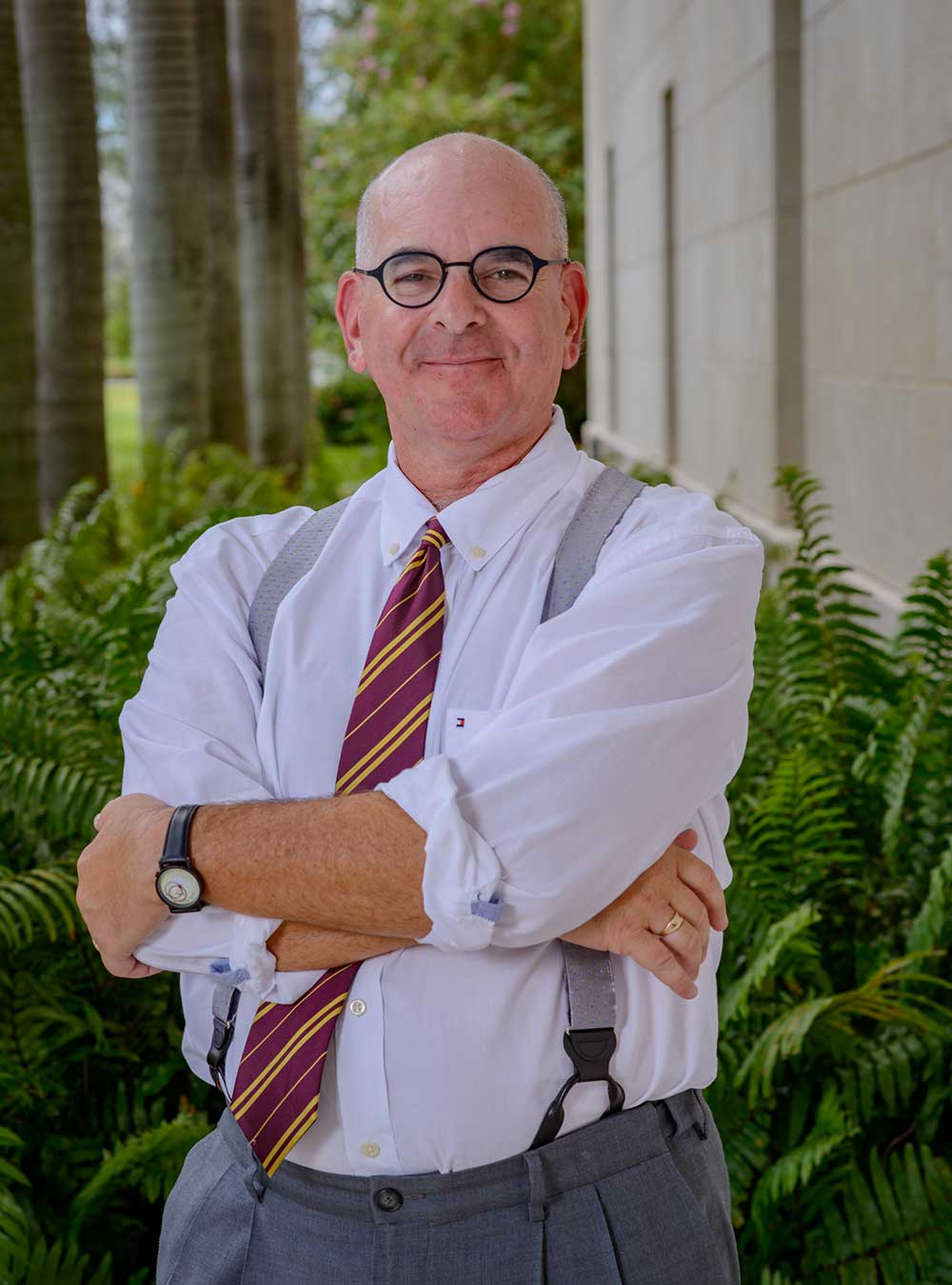
Howard Wasserman, J.D., Associate Dean for Research and Faculty Development, Professor of Law, Florida International University College of Law
Howard M. Wasserman joined the College of Law faculty in 2003. Professor Wasserman teaches civil procedure, evidence, federal courts, civil rights, and First Amendment; he writes about the freedom of speech, the role of procedure and jurisdiction in public-law and civil-rights litigation, and recently on baseball’s Infield Fly Rule. He blogs at PrawfsBlawg, is the Section Editor for the Courts Law Section of JOTWELL, and is a Contributor at SCOTUSBlog. Professor Wasserman graduated magna cum laude from Northwestern University School of Law, where he was an associate articles editor of the Law Review and was named to the Order of the Coif. Following law school, he clerked for Chief Judge James T. Giles of the United States District Court for the Eastern District of Pennsylvania and Judge Jane R. Roth of the United States Court of Appeals for the Third Circuit. He has been a visiting professor at Saint Louis University School of Law and Florida State University College of Law. Professor Wasserman is a loyal Chicago Cubs fan.
Publications: Click here to view a list of publications by Howard Wasserman, J.D.
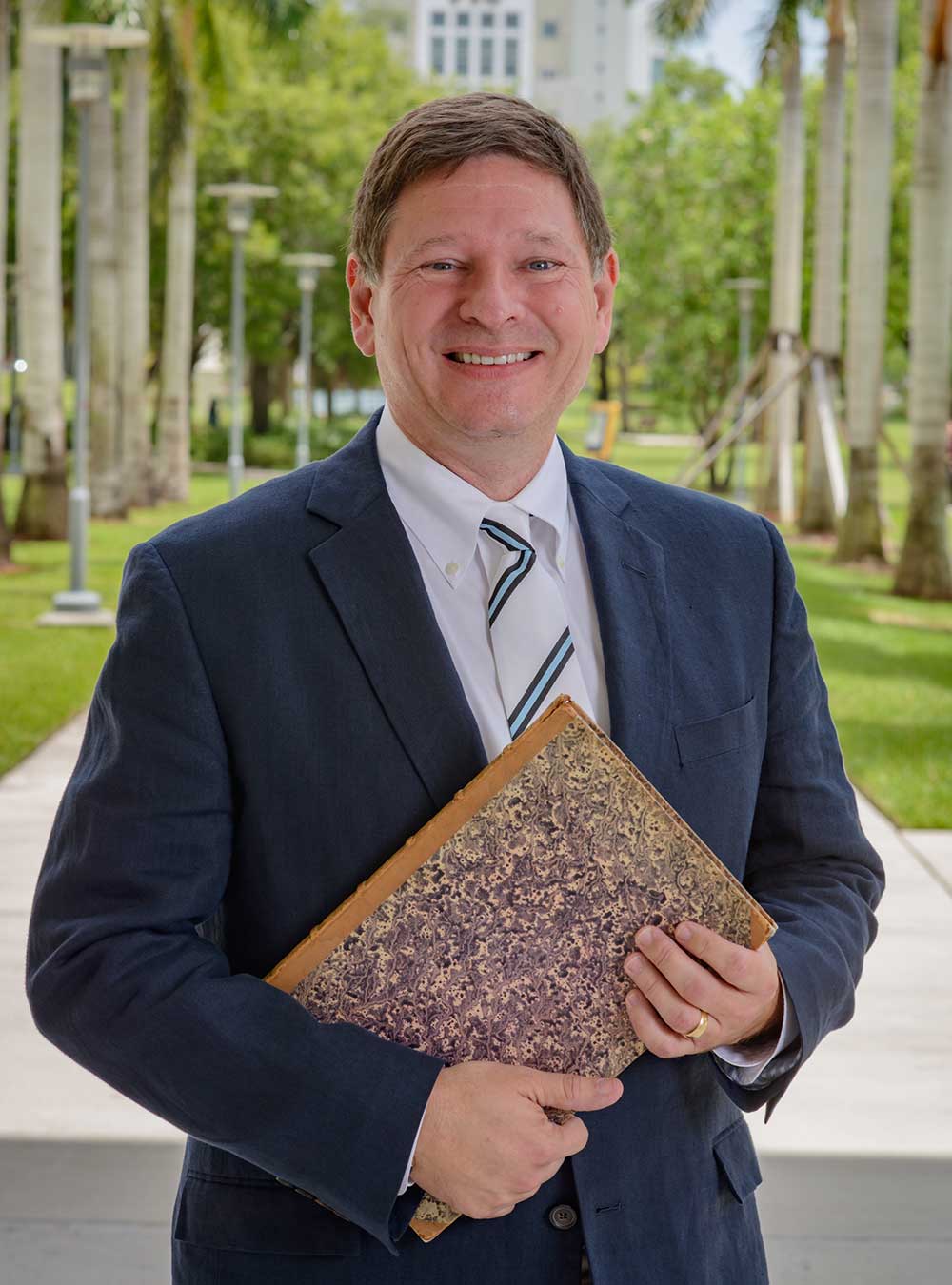
Matthew Mirow, J.D., Professor of Law, Florida International University College of Law
M.C. Mirow is a founding faculty member of the College of Law and a member of the Florida bar. In 2019, he was elected a Vocal (Executive Committee member) of the Instituto Internacional de Historia del Derecho Indiano and a Corresponding Member of the Legal History section of the Academia Nacional de Historia (Argentina). The same year, he served as Chair of the award committee for the Peter Gonville Stein Book Award of the American Society for Legal History and a Visiting Professor at the University of Lille (France) and the Universidad del Salvador (Argentina). In 2016, he was a MacCormick Fellow at the University of Edinburgh Law School, and in 2014, he received a Golden Quill Award from the Florida Historical Society. He has previously served as a Fulbright U.S. Visiting Scholar in Chile, a Mentschikoff Fellow at the University of Miami, and a Kelley Lecturer at Davidson College. Mirow is on the Board of Editors of the Law and History Review and serves as a co-editor of the series the Legal History Library (Brill/Nijhoff). He is a Corresponding Member of the Instituto de Investigaciones de Historia del Derecho in Buenos Aires.
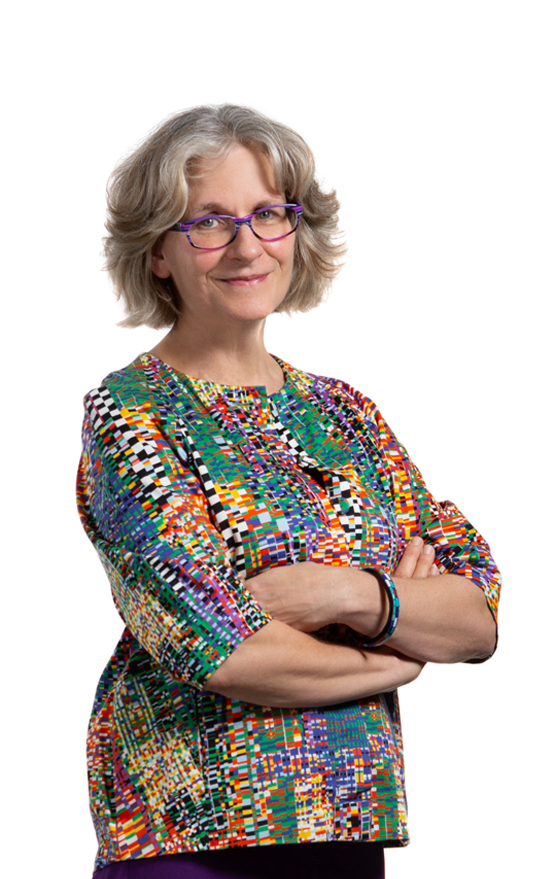
Linda McClain, J.D., L.L.M., Robert Kent Professor of Law, Boston University School of Law
Linda C. McClain is known for her work in family law, gender and law, and feminist legal theory. Her most recent book, Who’s the Bigot? Learning from Conflicts over Marriage and Civil Rights Law (Oxford University Press, 2020), argues that, although denouncing and preventing bigotry is a shared political value with a long history, people disagree over who is a bigot and what makes a belief, attitude, or action bigoted. This is evident from the rejoinder that calling out bigotry is intolerant political correctness, even bigotry itself. The book addresses puzzles about bigotry by tracing the rhetoric of bigotry and conscience across a range of debates relating to marriage and antidiscrimination law. In the words of one reviewer, “this is required reading for anyone who wants to understand our polarized society and how we got here.” Professor McClain is the author of several other books (described below) and numerous scholarly articles and book chapters. Her scholarship addresses the respective roles of families, other institutions of civil society, and of government in fostering citizens’ capacities for democratic and personal self-government. She has engaged with prominent communitarian, civic republican and feminist critiques of liberal legal and political theory and offered a reconstructive liberal feminist approach to such matters as privacy, family and marriage, reproductive issues and welfare law. Her work also addresses sex equality as a legal and constitutional commitment and public value, the responsibility of government to promote equality, and societal tensions over equality and its relationship to other values.
Professor McClain is a former Laurence S. Rockefeller Fellow at Princeton University’s University Center for Human Values and a former faculty fellow at the Harvard University Center for Ethics and the Professions (now the Safra Center). A member of the American Law Institute, she serves on the Executive Committee for the AALS Sections on Family and Juvenile Law and on Women in Legal Education. She is a member of the Council on Contemporary Families, the American Political Science Association, and the American Society for Political and Legal Philosophy. Professor McClain has been a visiting professor of law at Harvard University, the University of Pennsylvania, and the University of Virginia. Before joining the faculty of Boston University School of Law in fall 2007, Professor McClain was the Rivkin Radler Distinguished Professor of Law at Hofstra Law School, where she was also co-director of the Institute for the Study of Gender, Law, and Policy. Prior to entering the legal academy, she practiced litigation at Cravath, Swaine & Moore. She enjoys playing classical piano.
Publications: Click here to view a list of publications by Linda McClain, J.D., L.L.M.
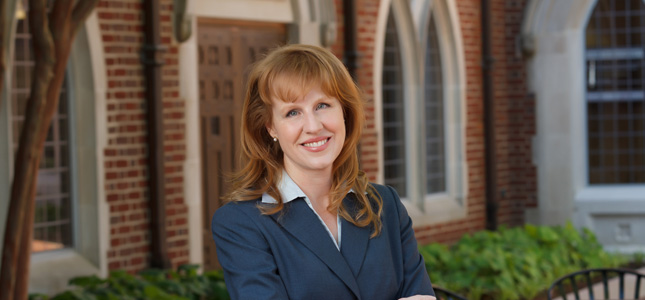
Corinna Barrett Lain, J.D., S.D. Roberts & Sandra Moore Professor of Law, University of Richmond School of Law
Professor Corinna Barrett Lain is a constitutional law scholar who writes about the influence of extralegal norms on Supreme Court decisionmaking, with a particular focus on the field of capital punishment. Her scholarship, which often uses the lens of legal history, has appeared in the Stanford Law Review, University of Pennsylvania Law Review, Duke Law Journal, UCLA Law Review, and Georgetown Law Journal, among other venues. Professor Lain is an elected member of the American Law Institute and received the University of Richmond’s Distinguished Educator Award in 2006. She is a former prosecutor and an Army veteran.
Publications: Click here to view a list of publications by Corinna Barrett Lain, J.D.

James E. Pfander, J.D., Owen L. Coon Professor of Law, Northwestern Pritzker School of Law
James E. Pfander has focused his teaching and research on the role of the federal judiciary under Article III of the Constitution. His latest book, Constitutional Torts and the War on Terror (Oxford U. Press 2017), documents and evaluates the failure of the federal courts to address the merits of the claims of individuals who were subjected to extraordinary rendition, military detention, and torture during the Bush Administration’s war on terror. Other books include Civil Procedure: A Modern Approach (7th ed. 2018) (with Marcus, Redish & Sherman); Federal Courts: Cases, Comments, and Questions (8th ed. 2018) (with Redish & Sherry), Principles of Federal Jurisdiction (3d ed. 2017).
Pfander’s recent scholarship explores the role of non-contentious jurisdiction in a federal system otherwise largely devoted to the resolution of disputes between adverse parties; the forgotten distinction between “cases” and “controversies” in defining the work of the federal judiciary; the lessons available from Scotland’s civil-law-inflected approach to the problem of litigant standing; the origins and meaning of the anti-injunction act of 1793; and the possible influence of the Scottish judicial system on the structure of the federal court system.
A member of the American Law Institute, Pfander recently concluded his work as reporter/consultant to the Federal-State Jurisdiction Committee of the Judicial Conference of the United States. He has served as chair of both the federal courts and civil procedure sections of the Association of American Law Schools.
Publications: Click here to view a list of publications by James E. Pfander, J.D.
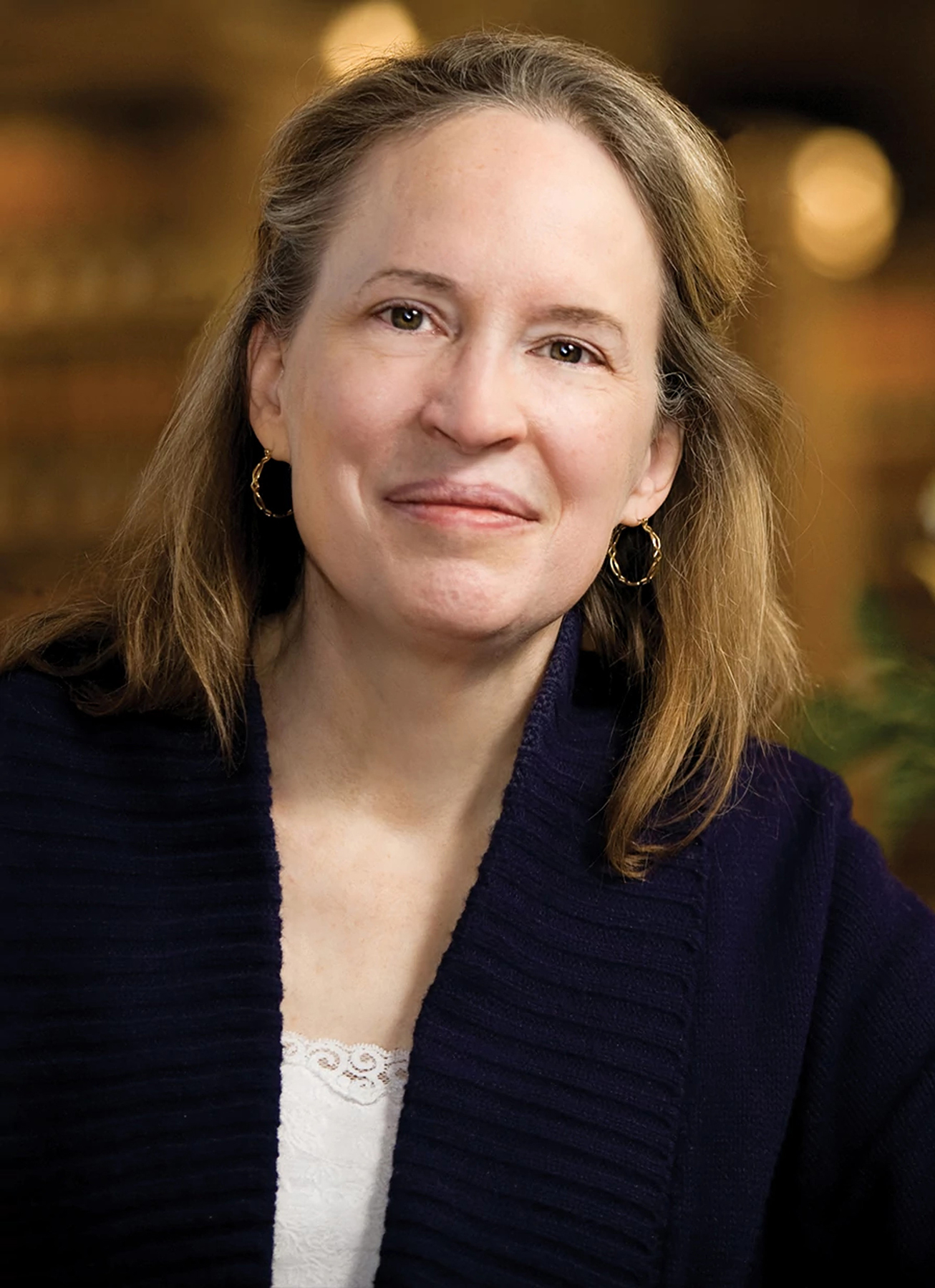
Laura Underkuffler, J.D., J. DuPratt White Professor of Law, Cornell Law School
A native of New Jersey, Professor Underkuffler joined the Cornell Law School faculty in January 2009. Previously, she was Arthur Larson Distinguished Professor at Duke Law School. She has also taught at Harvard, the University of Pennsylvania, Georgetown, and the University of Maine. In 2003, she received the Distinguished Teacher Award at Duke Law School. She received the Faculty Scholarship Award at Duke in 2003 for her book, The Idea of Property: its Meaning and Power (Oxford University Press, U.K.). She has published widely in the United States and abroad in the fields of property theory, constitutional law, and the role of moral decision making in law. She has also been involved in international projects concerning property rights and regime change, and the problem of corruption and democratic governance.
Professor Underkuffler began her legal career with a clerkship in the Eighth Circuit Court of Appeals. She practiced litigation law for six years, and headed the appellate department of a large Minneapolis law firm. She was appointed to the Advisory Committee for the Eighth Circuit Court of Appeals on which she served for several years. She also served as special counsel in the U.S. Senate and has been a fellow at the Woodrow Wilson international Center for Scholars in Washington, D.C.
Professor Underkuffler teaches Property, Land Use, Advanced Topics in Property Theory, and Federal Courts, She has also taught in the field of the administration of criminal justice.
Publications: Click here to view a list of publications by Laura Underkuffler, J.D.
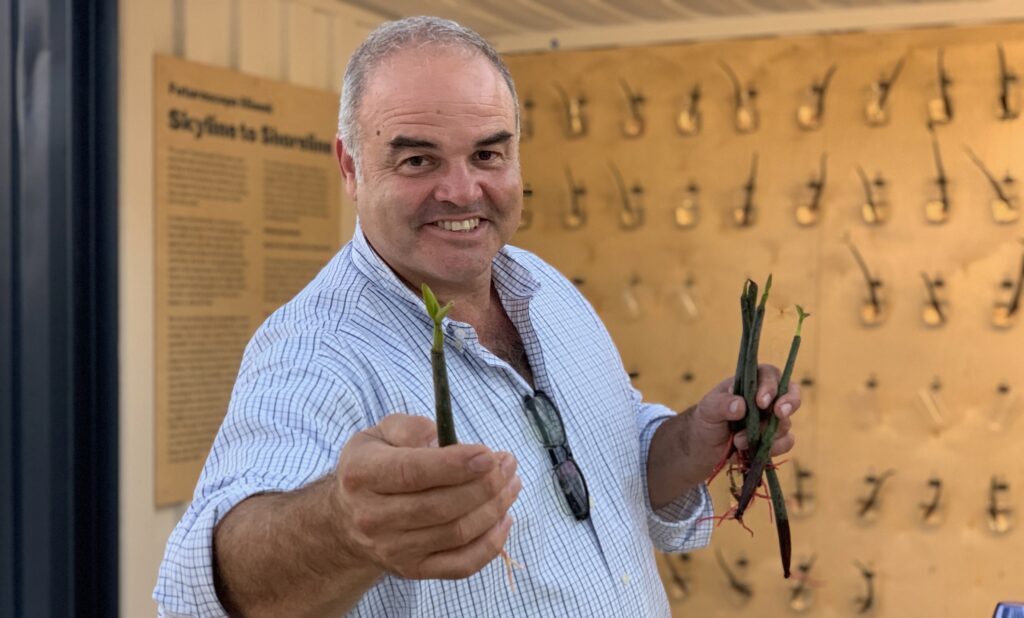
Xavier Cortada, J.D., Artist and Professor of Practice, University of Miami Department of Art and Art History
Xavier Cortada is an artist, Professor of Practice at the University of Miami Department of Art and Art History, and Artist-in-Residence at Pinecrest Gardens, where his studio, gallery, and socially engaged art practice are based. Using art’s elasticity to engage others, Cortada educates and inspires community members to work and learn together to solve our community’s problems.
The crux of Cortada’s work finds itself rooted in a deep conceptual engagement of his participants. Particularly environmentally focused, the work Cortada develops is intended to generate awareness and action towards issues of global climate change and social justice. The artist has created art installations at the North and South Poles to address environmental concerns at every point in between. In 2007, as a National Science Foundation Antarctic Artists and Writers Program Fellow, Cortada used the moving ice sheet beneath the South Pole as an instrument to mark time; the art piece will be completed in 150,000 years. In 2008, he planted a green flag at the North Pole to reclaim it for nature and launch an eco-art reforestation effort.
Cortada has also been commissioned to create art for CERN, the White House, the World Bank, Florida Botanical Gardens, Miami City Hall, Miami-Dade County Hall, the Florida Turnpike, Miami-Dade Housing Authority, the Frost Science Museum, Museum of Florida History, and the Patricia and Phillip Frost Art Museum
His work is in the permanent collections of the Perez Art Museum Miami (PAMM), the NSU Museum of Art in Ft. Lauderdale, the Whatcom Museum, and the Patricia and Phillip Frost Art Museum.
Corporations such as General Mills, Nike, Heineken, and Hershey’s have commissioned his art. Publishers like McDougal and Random House have featured it in school textbooks and publications. His work has also been featured on National Geographic TV and the Discovery Channel.
The artist serves on the boards of various national, regional, and local groups, including the University of Miami Alumni Association and Climigration. He has also been a cultural leader through his participation in the Miami-Dade Cultural Affairs Council, where he served for 15 years – his last two as Chairman, the Florida Arts Council, where he served from 2008 to 2012 – his last two years as Vice-Chair, and South Arts, where he served from 2016 to 2019.
Cortada was born in Albany, New York. The son of Cuban exiles, he grew up in Miami from the age of three. The Latino artist holds three degrees from the University of Miami: Bachelor of Arts, College of Arts and Sciences (1986), Master of Public Administration, Miami Herbert Business School (1991), and Juris Doctor, School of Law (1991).